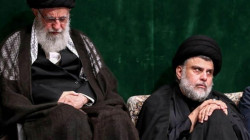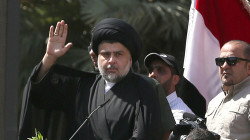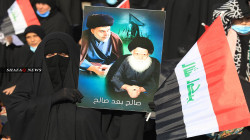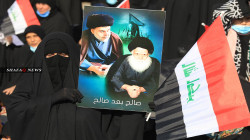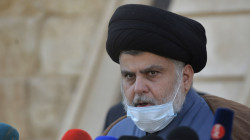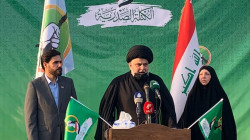The three presidents initiative is on al-Sadr's desk, sources
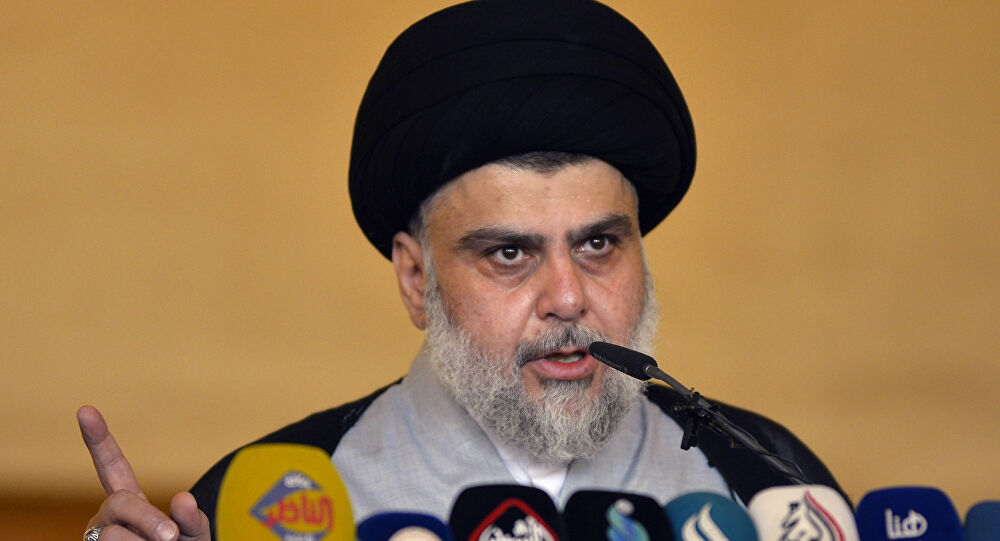
Shafaq News/ The leader of the Sadrist movement, Muqtada al-Sadr, is studying the initiative presented by the Prime Minister, President of the Republic, and the Chair of the Supreme Judicial Council to address the crisis that emerged after the parliamentary election results.
A source told Shafaq News Agency earlier today, Wednesday, "the leader of the Sadrist movement is studying the initiative presented by Barham Salih, Mustafa al-Kadhimi, and Faiq Zaidan, to resolve the dispute with the forces rejecting the election results and create an appropriate atmosphere to form the next government."
"The terms and clauses of the initiative do not differ substantially from the terms of the initiative that al-Sadr put forward a few days ago; a coalition government in the core."
The source, who is close to al-Sadr, explained, "the initiative of the presidents, though not fully disclosed, revolves around dissolving the al-Hashd al-Shaabi (Popular Mobilization Forces-PMF) by integrating all the brigades and factions affiliated with the parties and movements under the umbrella of the PMF."
"The personnel shall have the choice to join the forces. As for those who refuse, they can choose between the ministries of interior or defense. Special directorates will be created for them with special tasks and duties within the institutional system. The forces rejecting the election results accept this point."
"The forces that reject the results of the elections and the initiatives that include dissolving the armed factions, may accept the three presidents initiative. Al-Sadr will announce his position from this initiative soon."
In this regard, the political analyst, Monaf al-Mousawi, said, "al-Sadr's initiative was clear. He was explicit and brave regarding holding the figures involved in corruption and wasting public money accountable and restricting the arms outside state."
pro-Iran Shiite forces that emerged as the biggest losers reject the outcome of the vote, thrusting the country into uncertainty and political crisis.
The supporters of the Shiite forces consortium, known as the Coordination Framework, have pitched tents near the entrance to Baghdad’s heavily fortified Green Zone in an ongoing sit-in, threatening violence unless their grievances are addressed.
The unsubstantiated claims of voter fraud are casting a shadow over an election that was praised by the United States, the U.N. Security Council, and others for being the smoothest in years and without major technical glitches. The standoff is also increasing tensions among rival Shiite factions that could reflect on the street and threaten Iraq’s newfound relative stability.
Iraq’s populist Shiite cleric Muqtada al-Sadr maintaining the most seats in parliament, leading in several of Iraq’s 18 provinces, including the capital Baghdad. Al-Sadr, a maverick leader remembered for leading an insurgency against U.S. forces after the 2003 invasion, appeared to have increased his movement’s seats in the 329-member parliament from 54 in 2018 to more than 70.
